Preserving Heritage: The Art and Importance of Handloom Weaving at Nesavu

Handloom weaving is a traditional craft that has been passed down for generations, and at Nesavu, we're proud to be a part of this rich cultural heritage. The process of handloom weaving is not just a way of creating beautiful garments, but it's also a way of preserving a piece of history and keeping alive the memories of our ancestors.
When you hold a handloom saree or pavadai set, you're holding a piece of art that has been crafted with care and attention to detail. The process of handloom weaving is not just about creating a garment, but it's about creating a story. Each thread is woven with love, care and a deep understanding of the craft. The weavers put their heart and soul into each garment, and it's this dedication that makes handloom weaving so special.
As you look at a handloom saree, you'll notice the intricate patterns and designs. Each design tells a different story and is a reflection of the weaver's imagination. The colors used in the saree have a special significance, and are a symbol of the weaver's culture and heritage.
The sarees are crafted using traditional techniques and passed down from one generation to the next, preserving the cultural heritage.
Handloom weaving is not just a job, but it's a way of life. Whole families are involved in the process, from spinning the thread to dyeing it, winding it onto the pirns, and finally weaving it on the loom.
The process is time-consuming and requires a lot of skill and patience, but it's this dedication that makes handloom weaving so special.
At Nesavu, we take great care in sourcing our silk and cotton from the most reputable mills, using traditional handloom weaving techniques to create beautiful garments. We are also committed to supporting the artisans and communities involved in the silk and cotton production process.
In conclusion, handloom weaving is not just about creating a garment, but it's about preserving a piece of history and keeping alive the memories of our ancestors. It's a traditional craft that has been passed down for generations and at Nesavu, we're proud to be a part of this rich cultural heritage.


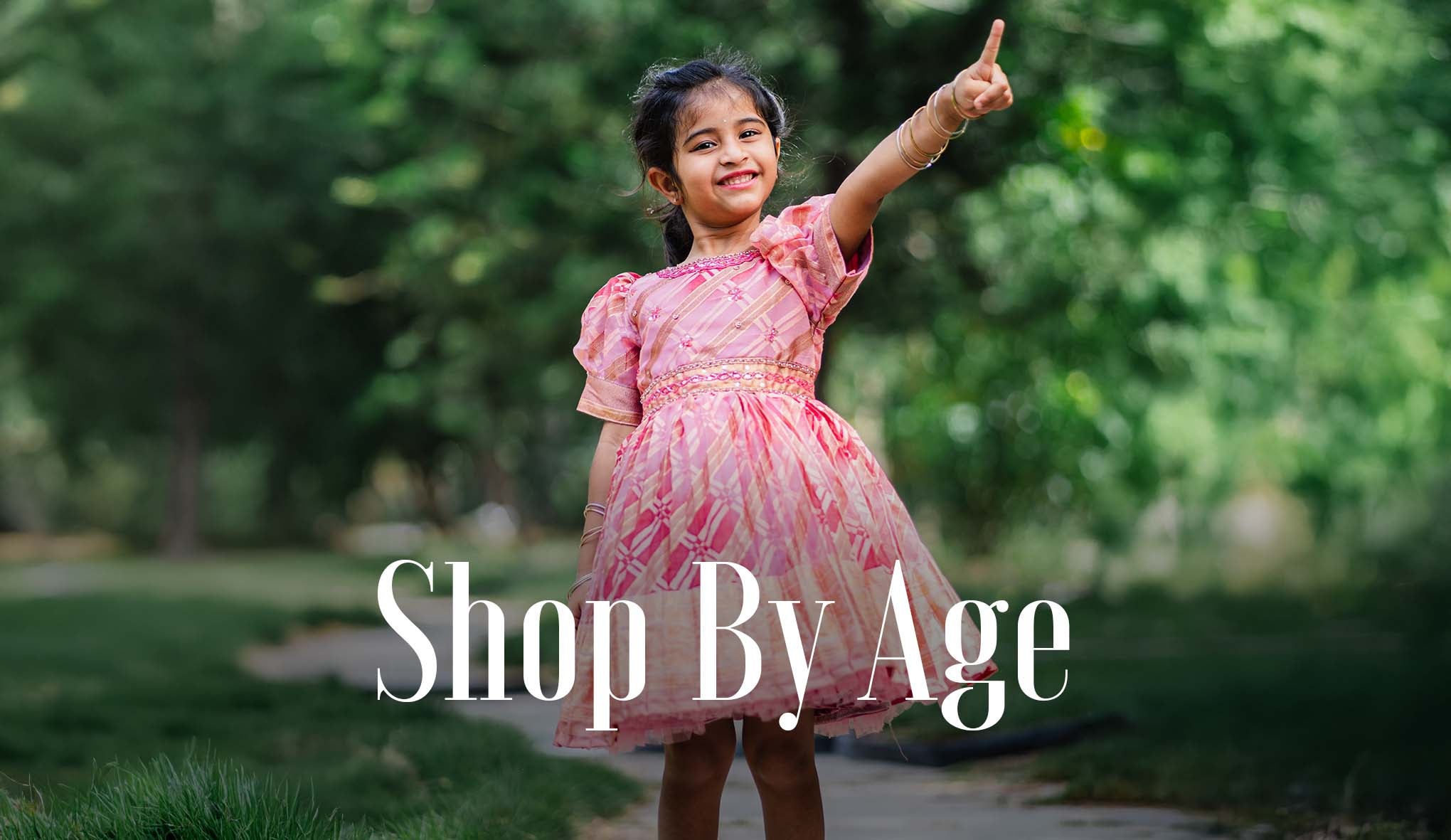
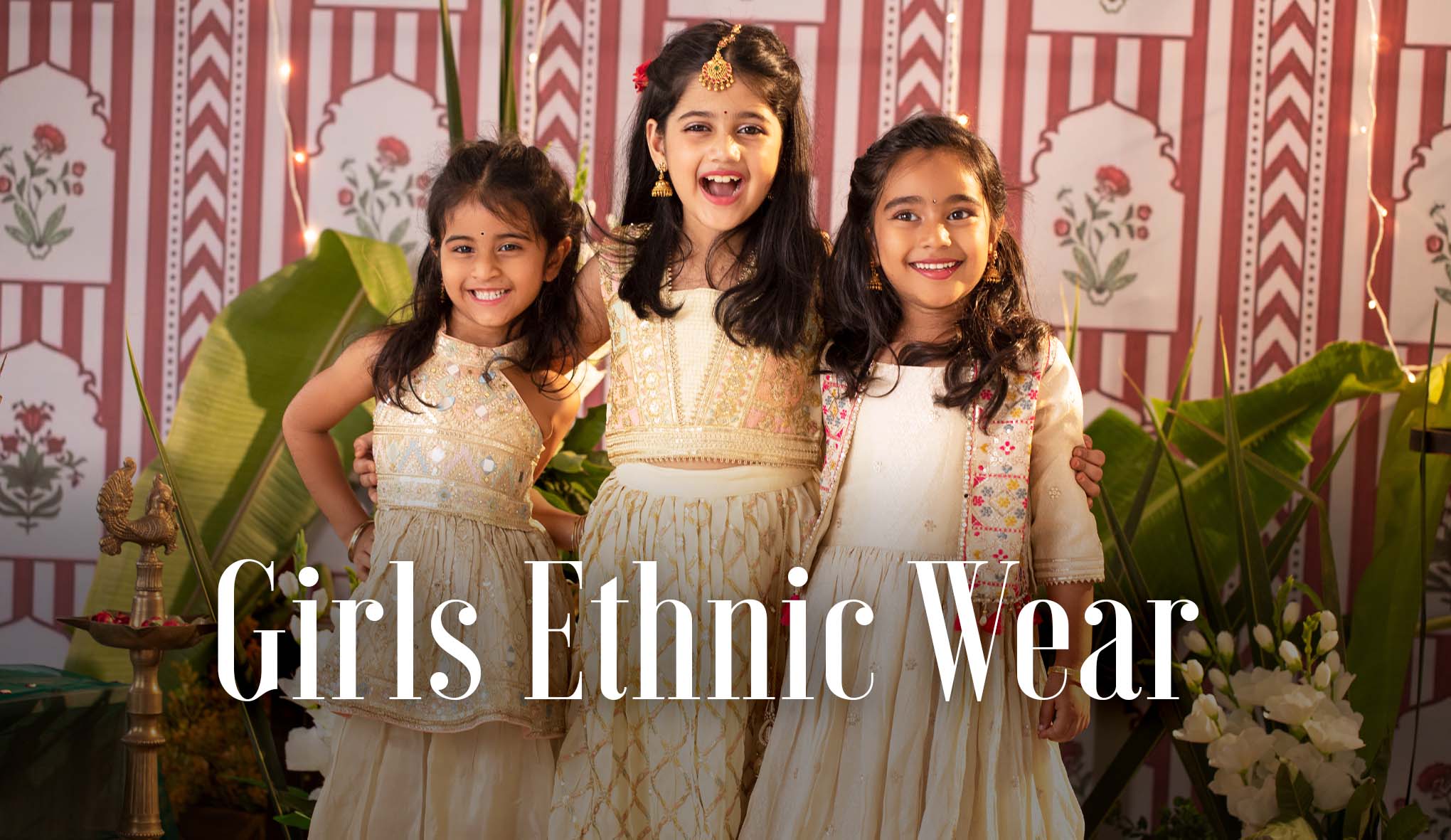
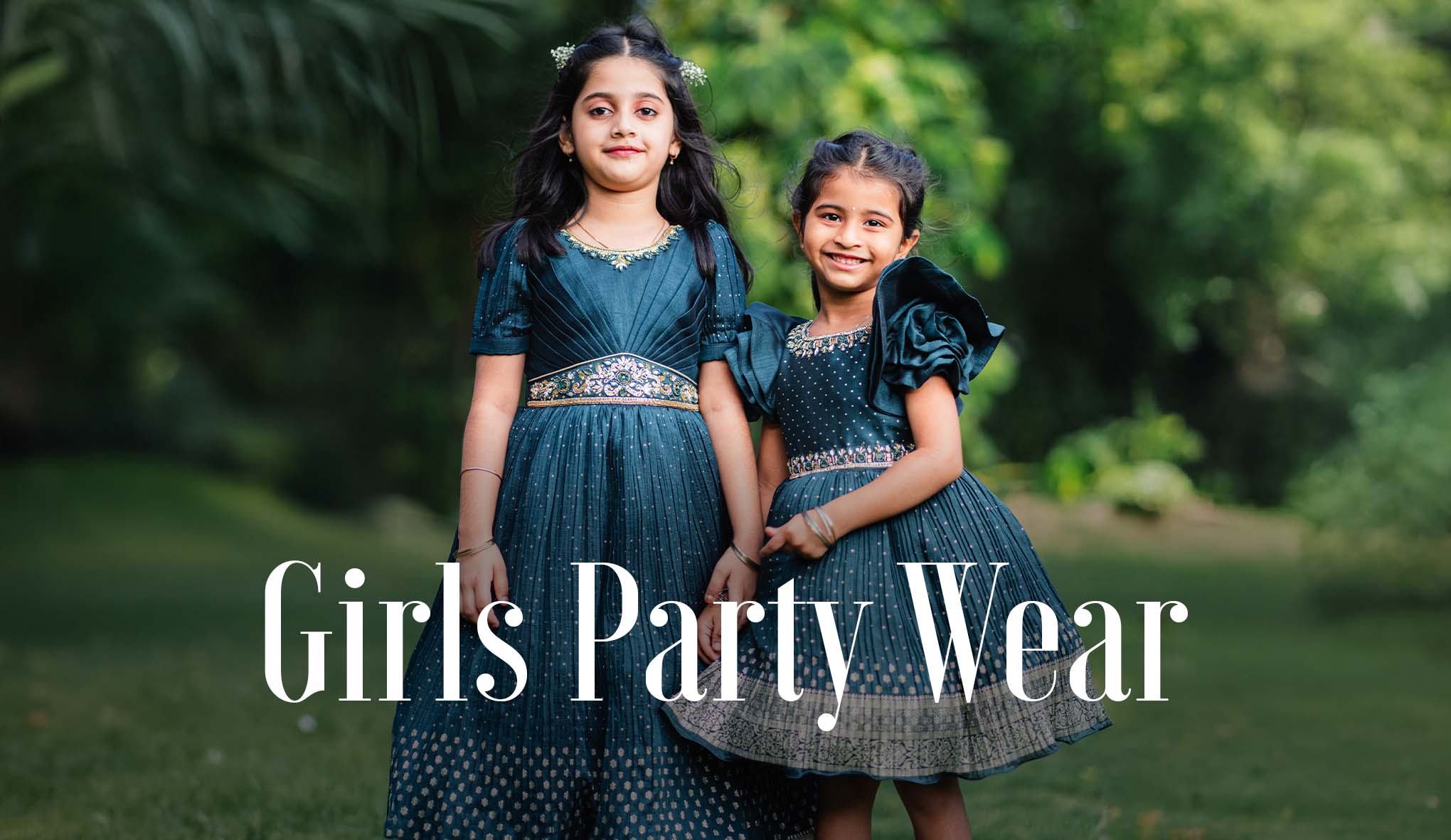
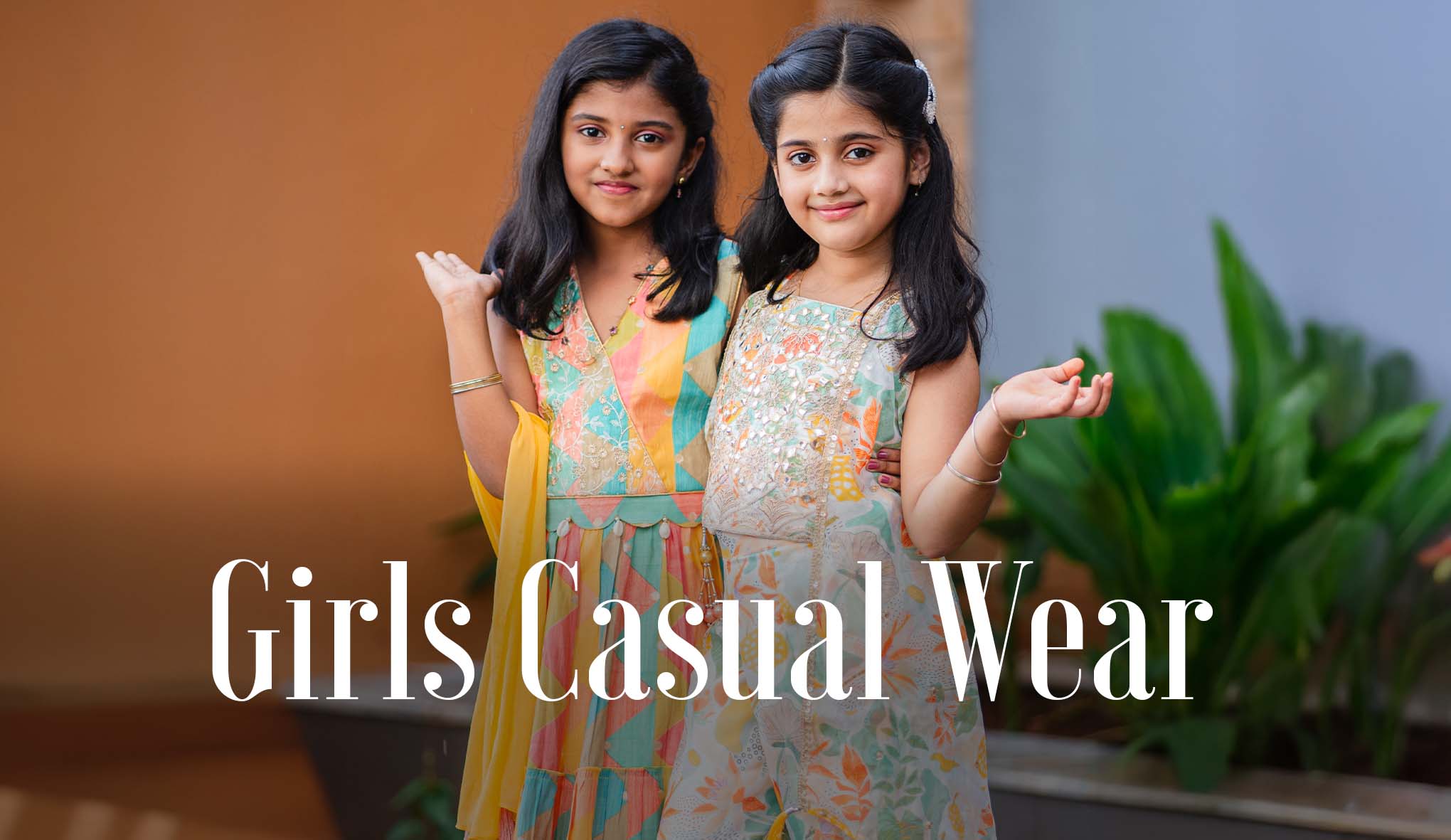
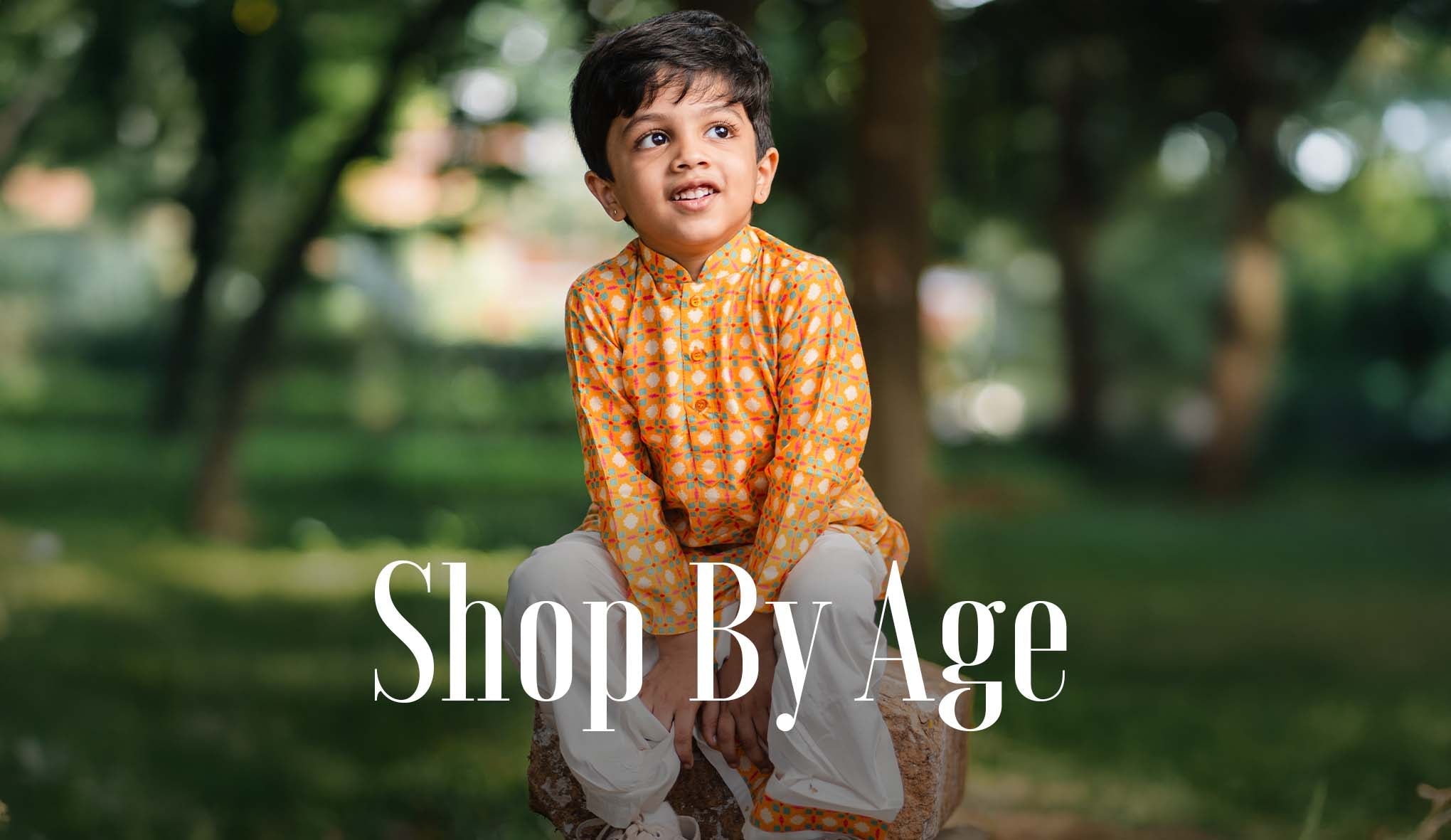
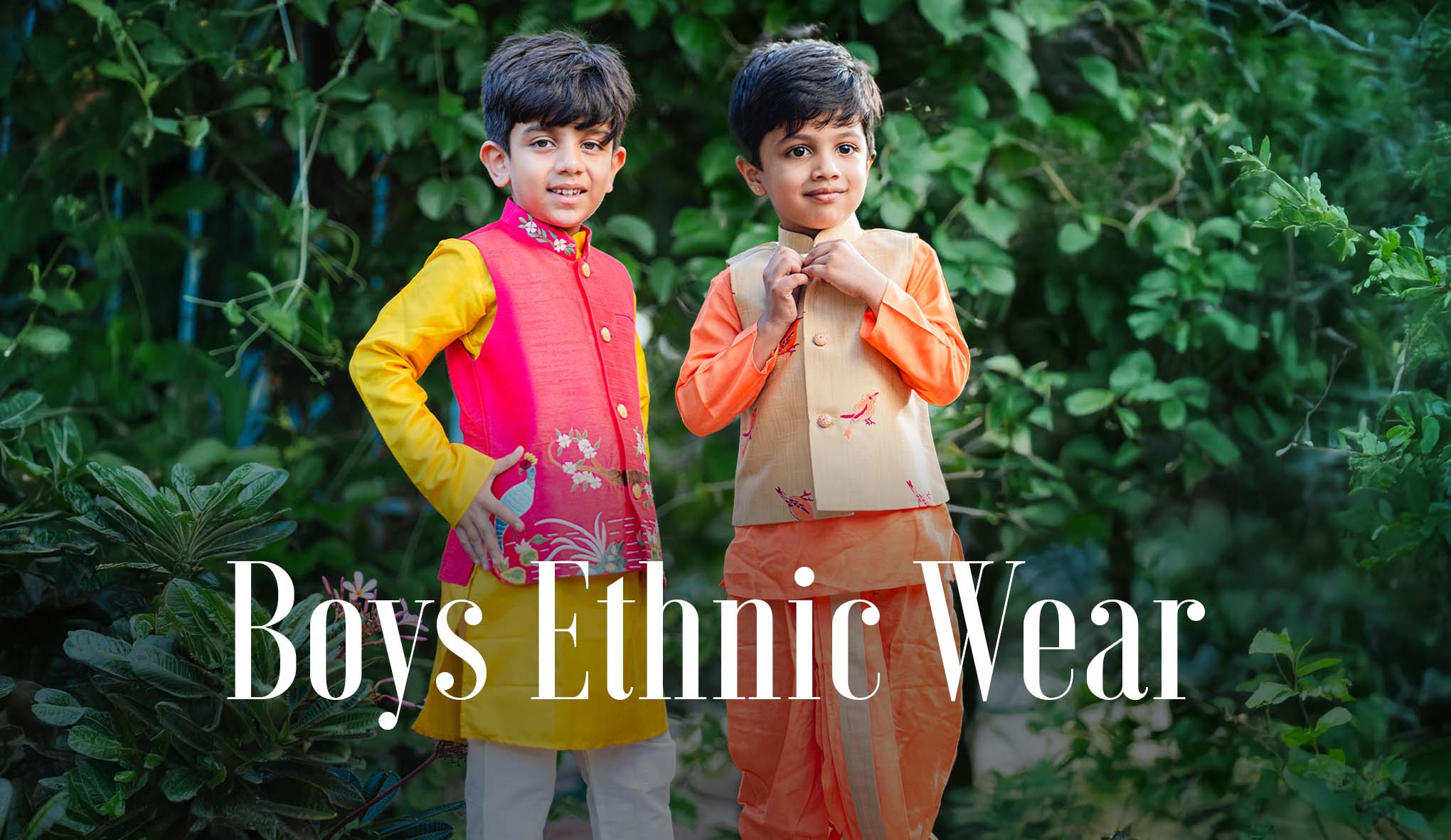
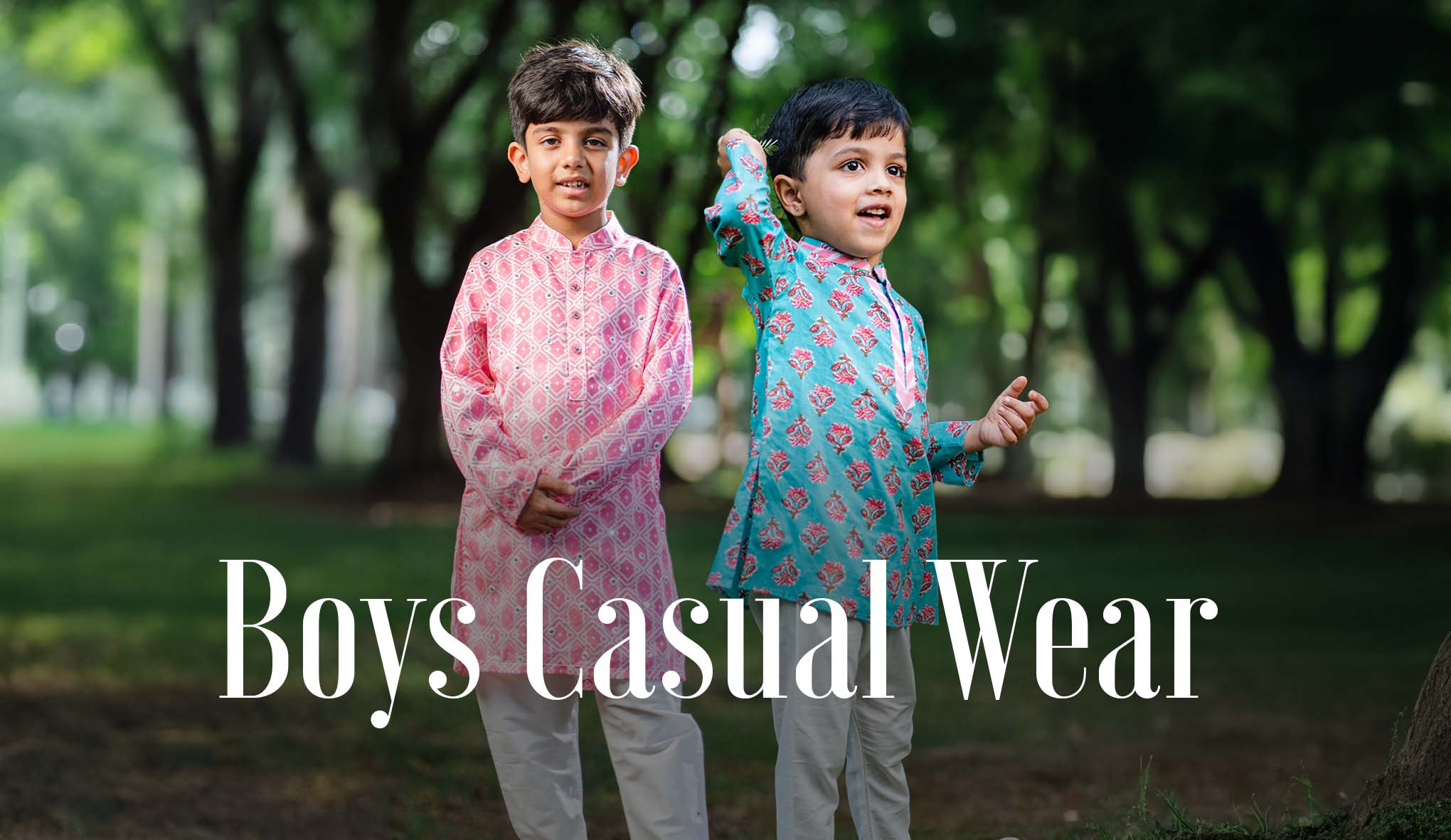

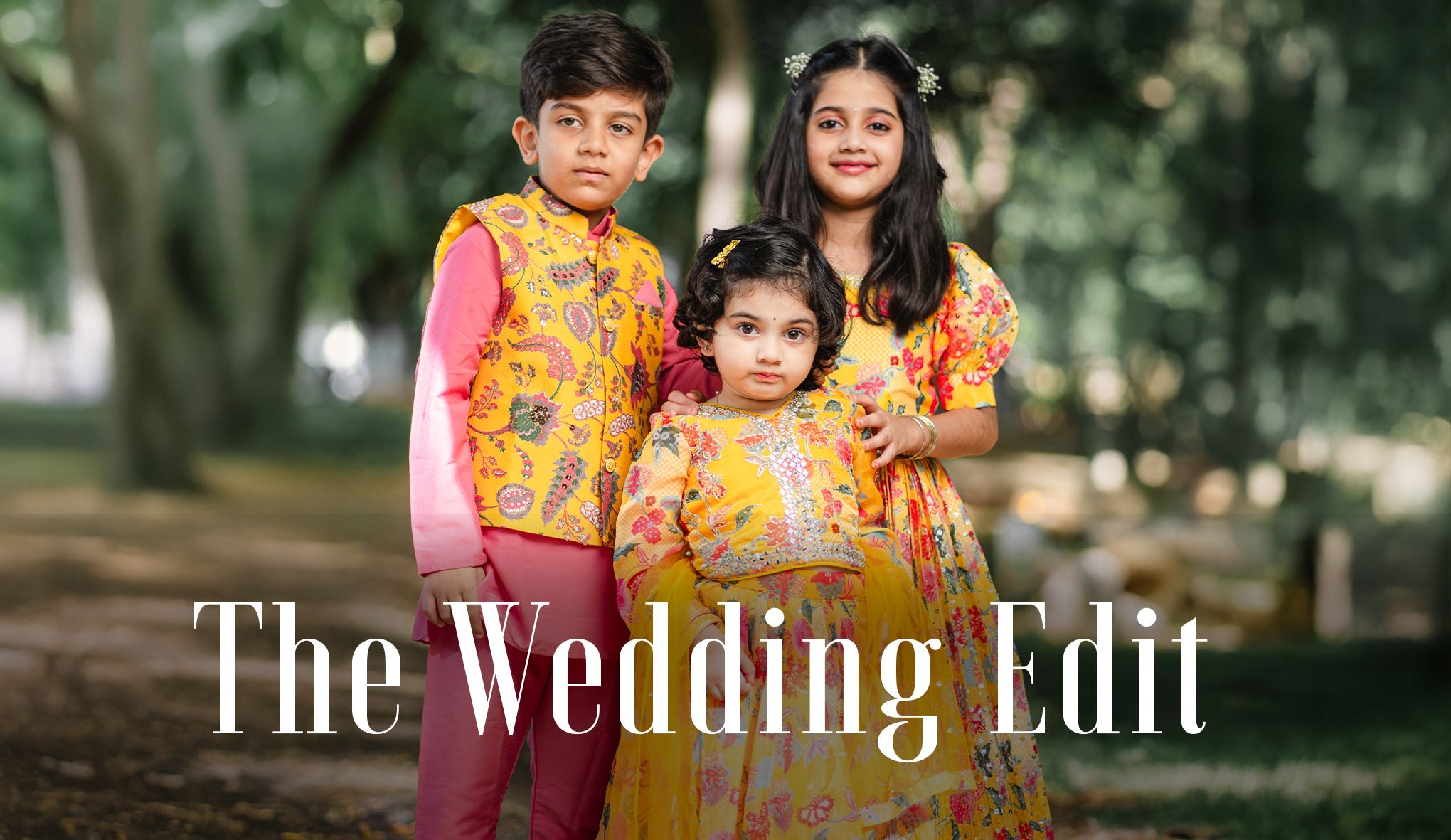
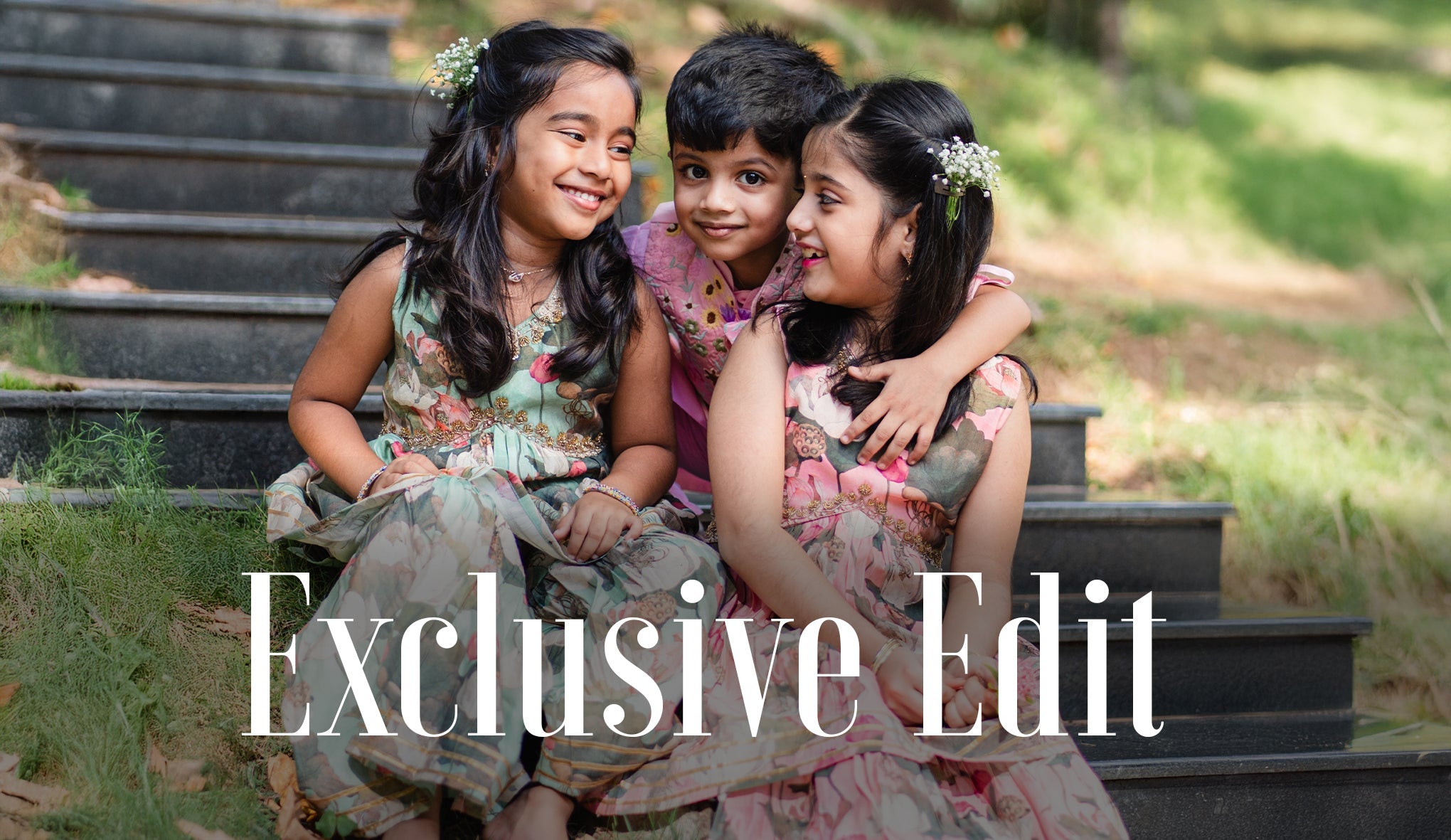
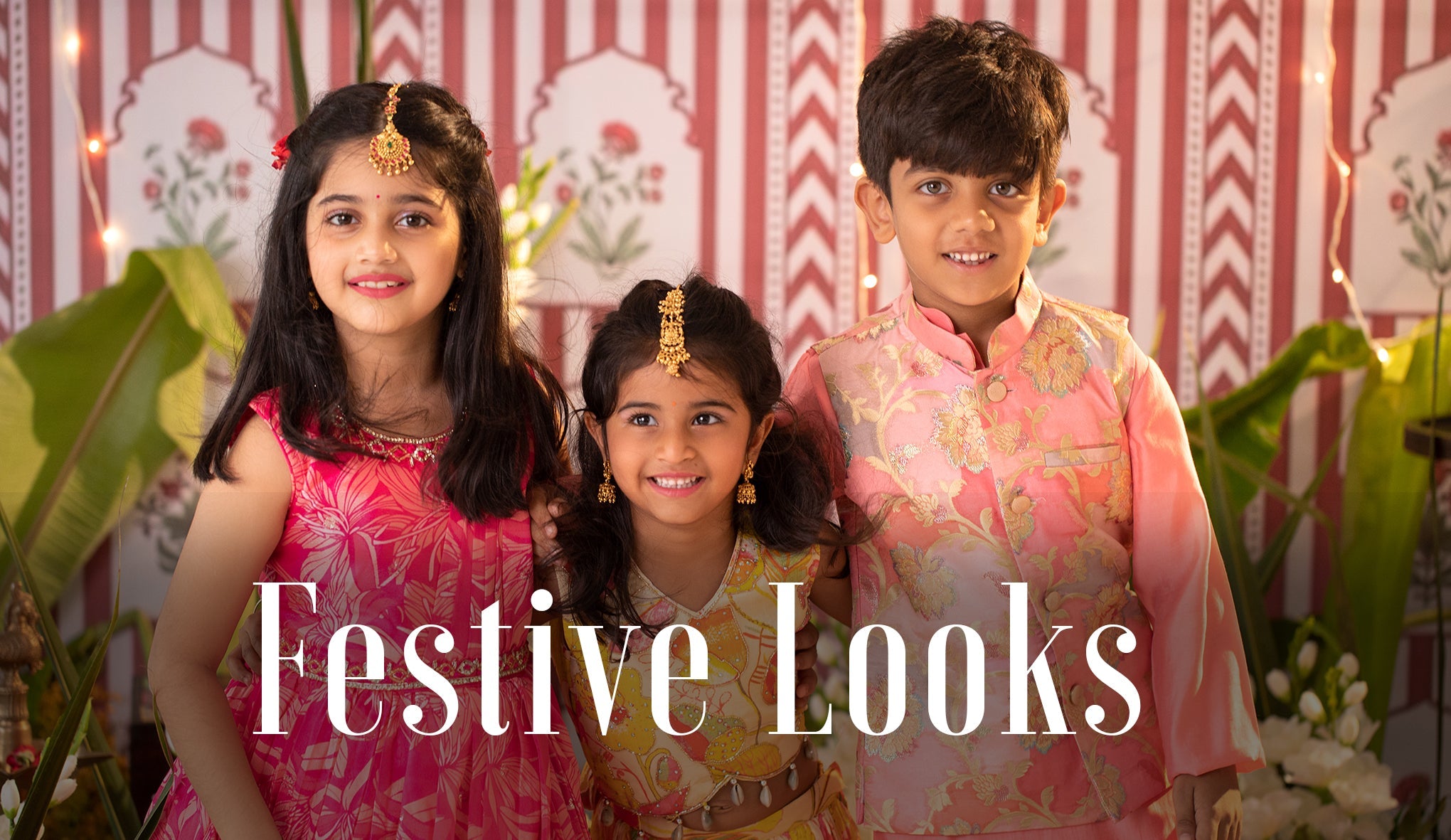
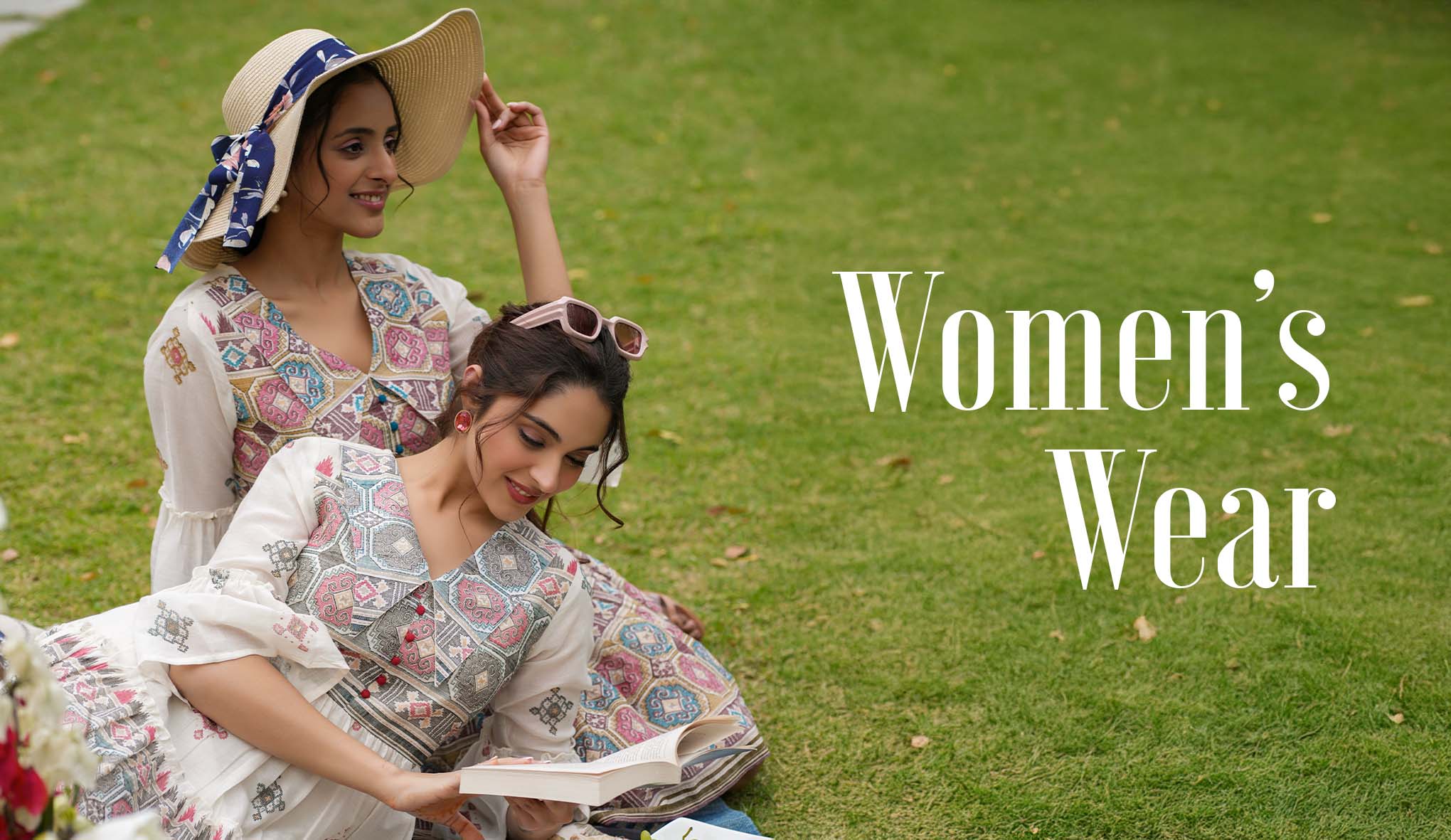
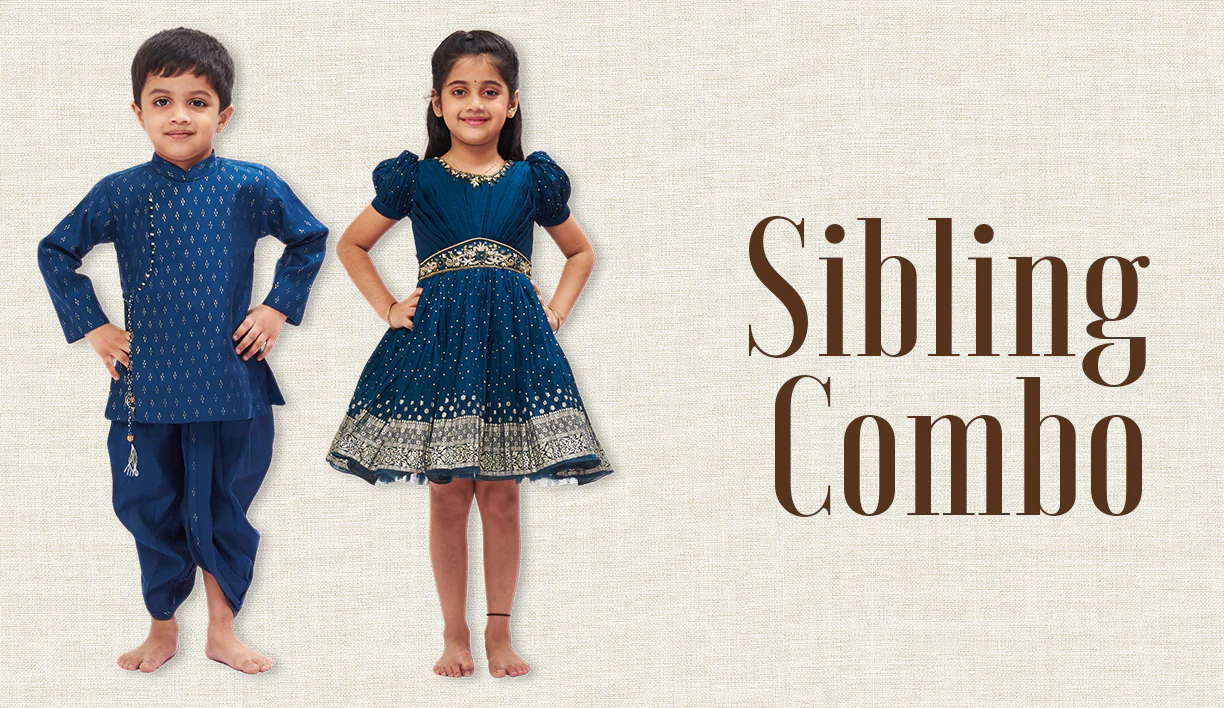
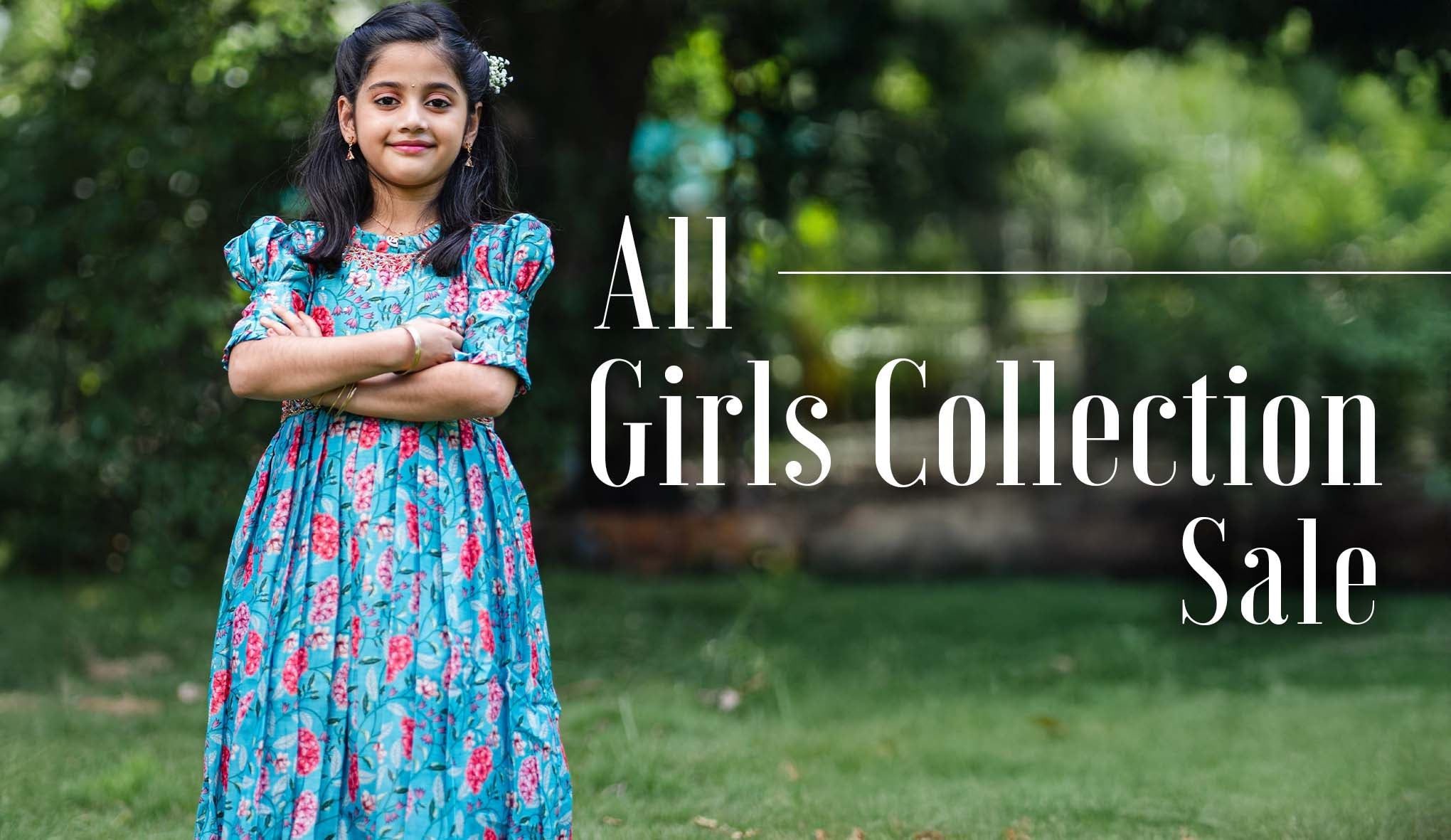


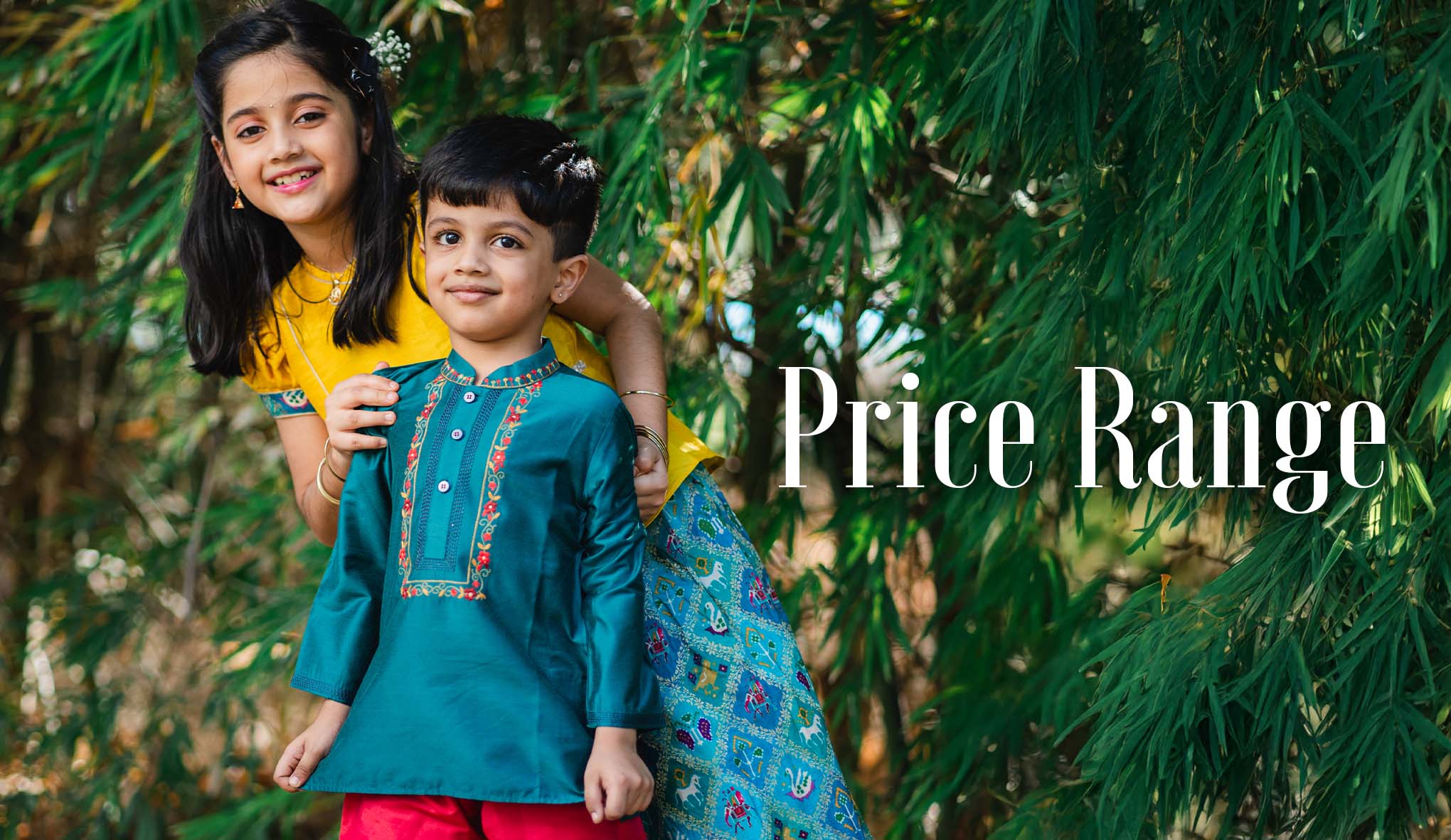
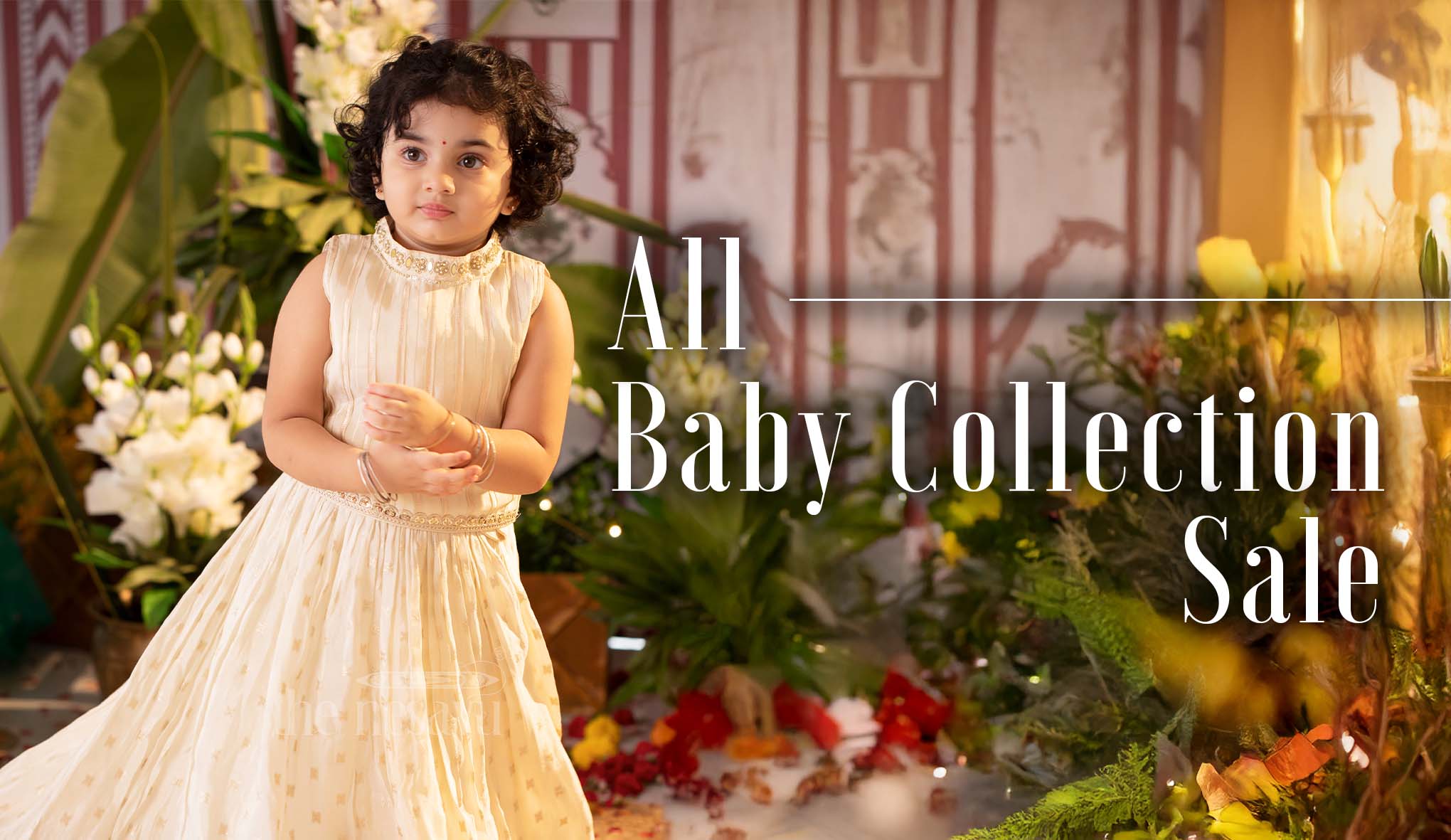
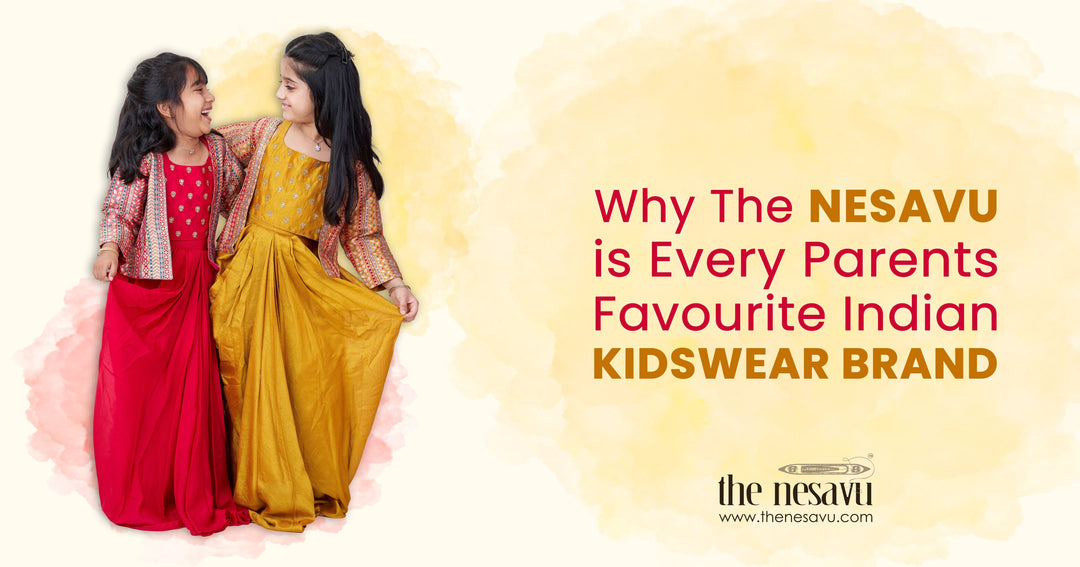


Leave a comment